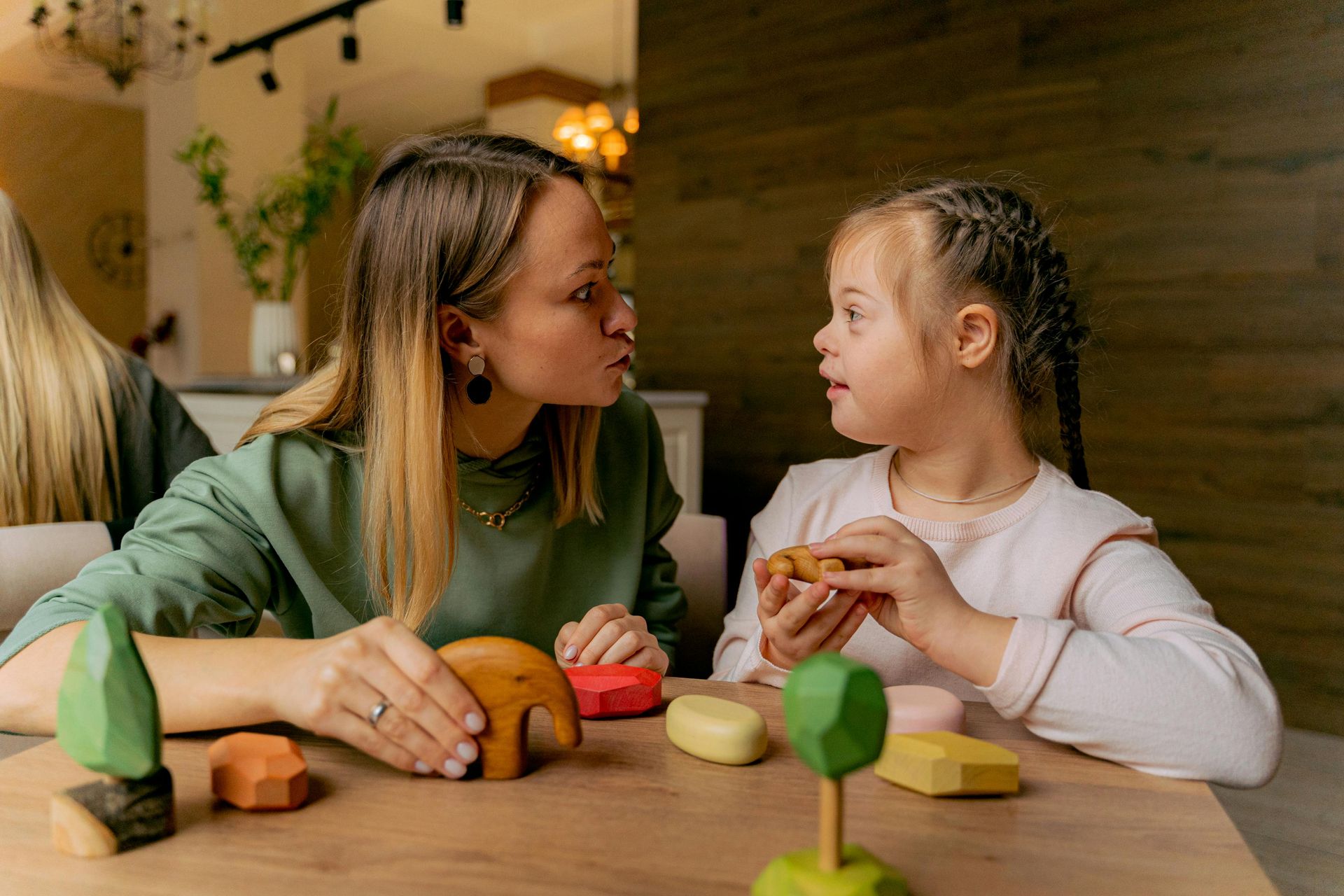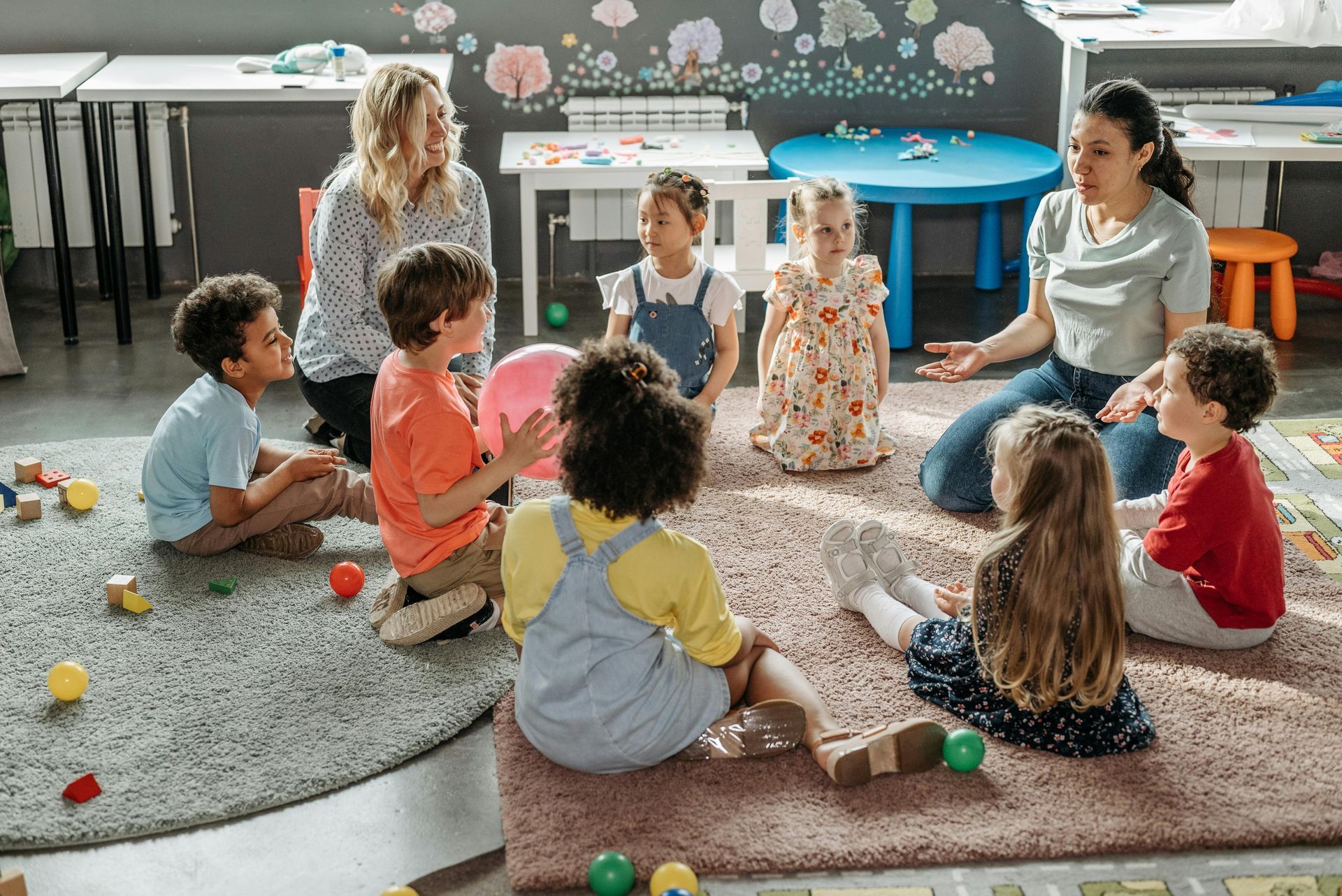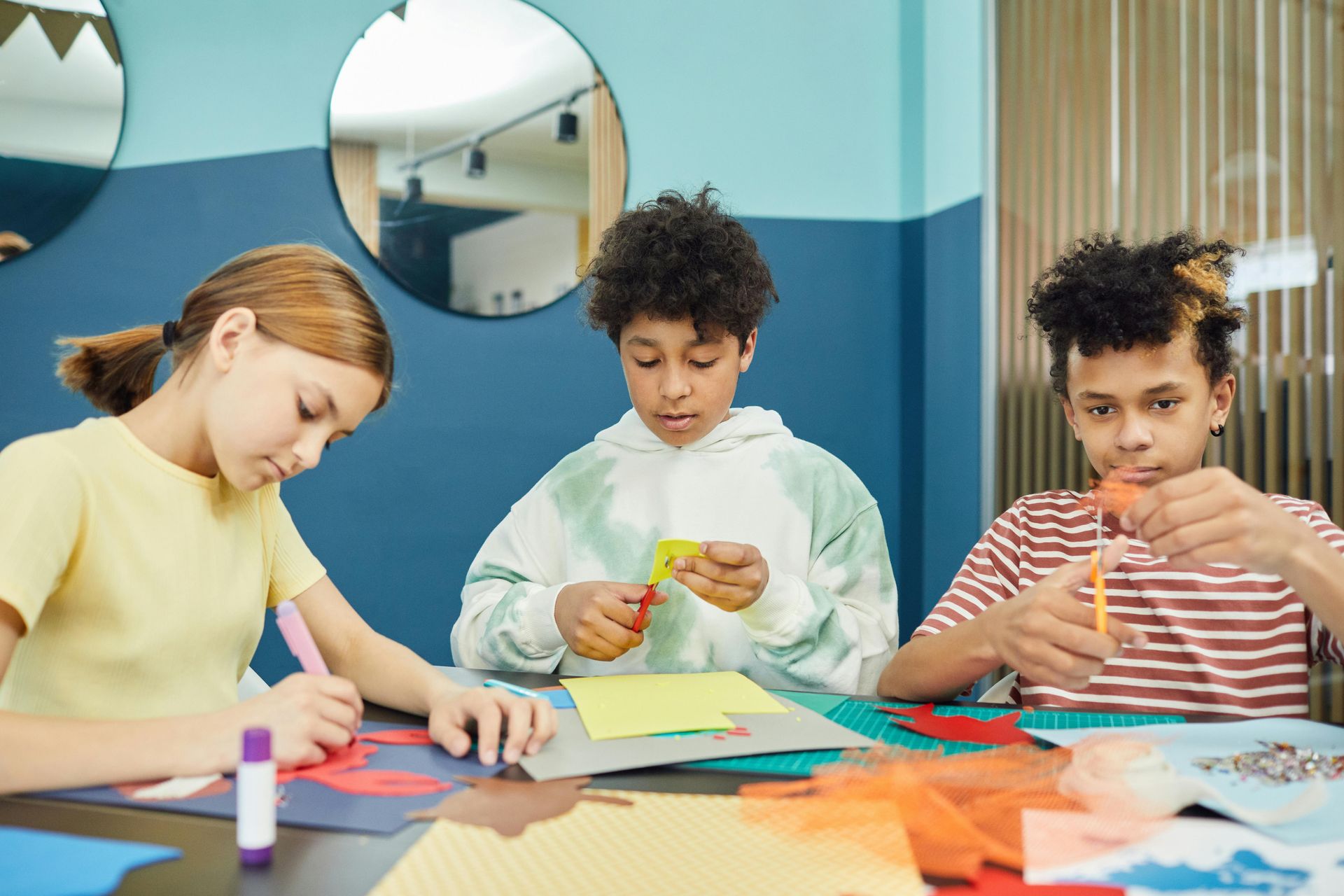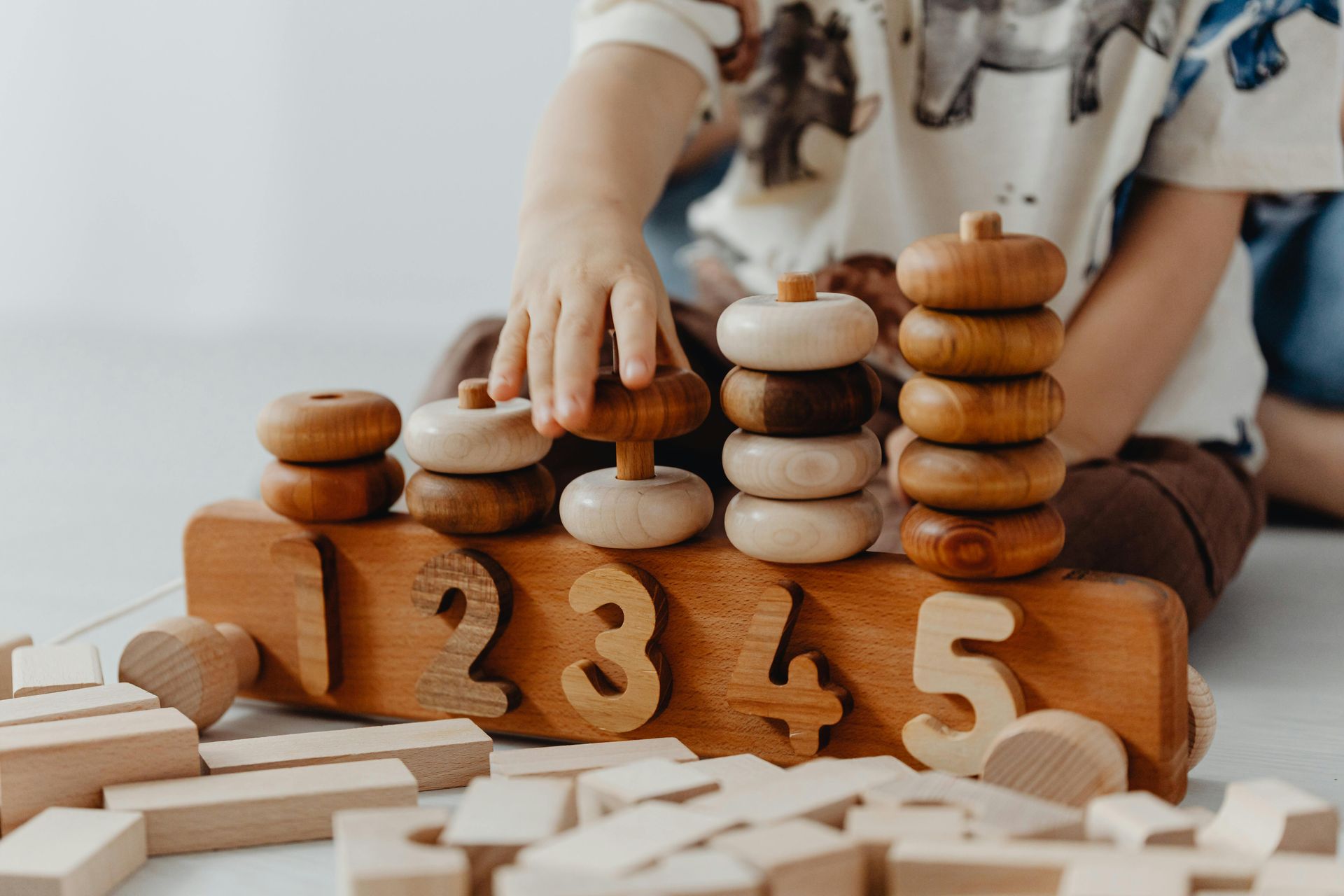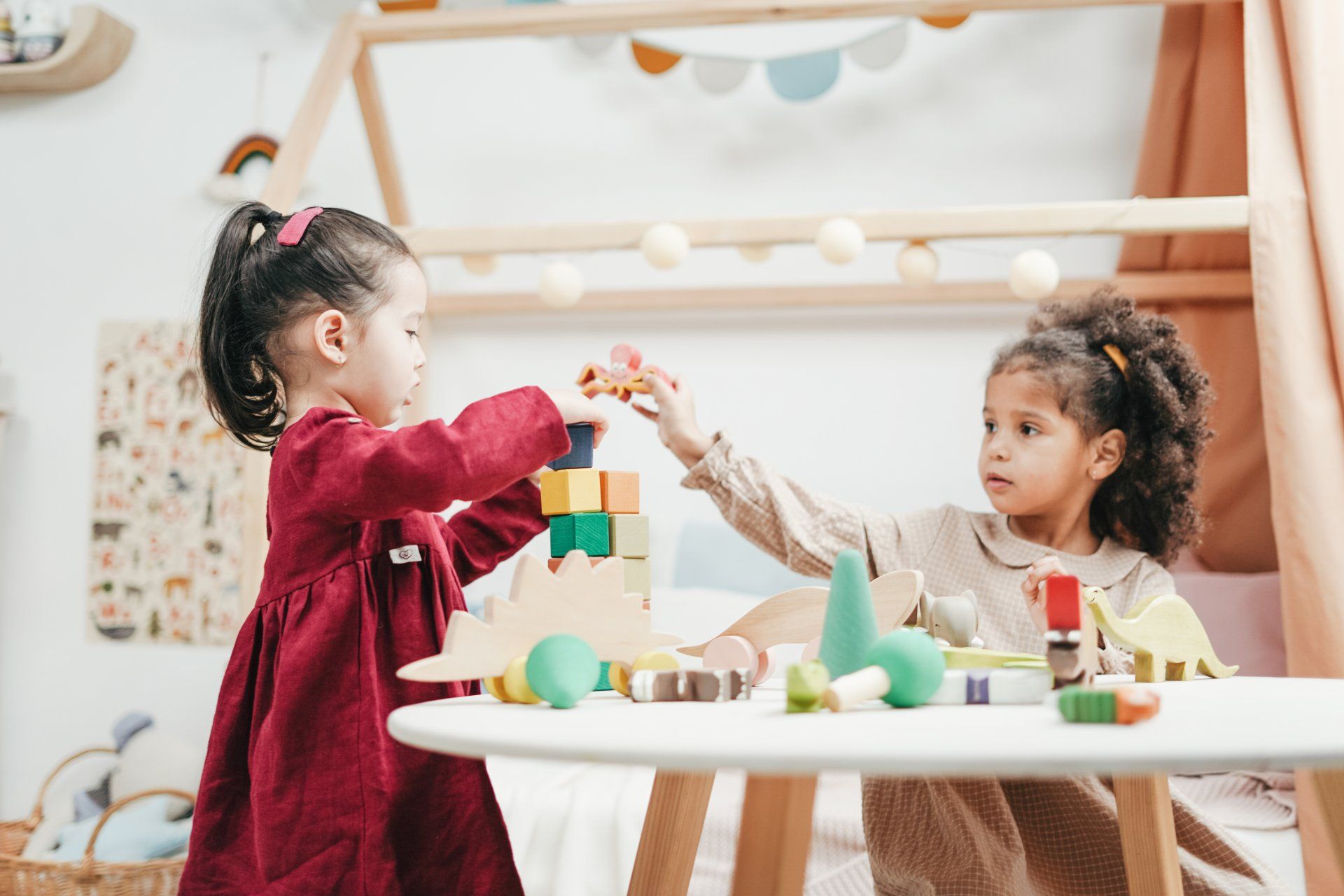Supporting Emotional Regulation in Preschool: A Guide for Parents and Teachers

Emotional regulation is a fundamental skill that every child needs to navigate the challenges of life. In preschool, children are learning how to express their emotions appropriately, cope with frustration, and interact with others in healthy ways. At Kid’s Avenue Learning Center, we understand the importance of helping children develop emotional regulation skills early on. By providing a supportive environment and teaching children how to manage their emotions, we empower them to form positive relationships, succeed in school, and build resilience for the future. In this blog, we’ll explore the importance of emotional regulation, how to support it in the classroom, and ways parents can reinforce these skills at home.
What is Emotional Regulation?
Emotional regulation refers to the ability to recognize, understand, and manage one’s emotions in a healthy and constructive way. For young children, emotional regulation can be particularly challenging, as they are still learning how to identify their emotions and express them appropriately. Preschoolers may experience intense emotions such as frustration, anger, or sadness, but may not yet have the skills to manage these feelings effectively.
By teaching children how to regulate their emotions, we help them develop self-control, empathy, and resilience. This skill is crucial for their overall social-emotional development, as it allows them to interact positively with others, resolve conflicts, and manage stress in healthy ways.
Why Emotional Regulation is Important in Preschool
Emotional regulation is essential for a child’s success in preschool and beyond. Children who struggle with emotional regulation may have difficulty managing their behavior, forming friendships, and participating in group activities. On the other hand, children who develop strong emotional regulation skills are better able to cope with challenges, follow directions, and engage in positive social interactions.
At Kid’s Avenue, we believe that emotional regulation is key to creating a positive learning environment. By supporting children in developing these skills, we set them up for success not only in preschool but in their future academic and social experiences.
Strategies for Supporting Emotional Regulation in the Classroom
Teachers play a crucial role in helping preschoolers develop emotional regulation skills. At Kid’s Avenue, we incorporate a variety of strategies into our daily routines to support emotional development:
- Modeling Emotional Regulation: Children learn by observing adults, so it’s important for teachers to model emotional regulation in their own behavior. When teachers remain calm and composed in stressful situations, children are more likely to mimic these behaviors and learn how to handle their own emotions in a similar way.
- Teaching Emotional Vocabulary: One of the first steps in emotional regulation is helping children identify and label their emotions. At Kid’s Avenue, teachers introduce a variety of emotional vocabulary words, such as “angry,” “happy,” “frustrated,” and “excited.” By teaching children the names of their feelings, we help them become more aware of their emotions and how to express them in a healthy way.
- Breathing and Relaxation Techniques: Teaching children simple techniques for calming down can be incredibly helpful for emotional regulation. At Kid’s Avenue, we introduce deep breathing exercises, guided relaxation, and calming visuals to help children manage intense emotions. These techniques give children the tools they need to calm themselves when they are feeling overwhelmed or upset.
- Use of Books and Stories: Stories and books are a great way to teach children about emotional regulation. Many children’s books focus on emotions and how characters deal with them in healthy ways. At Kid’s Avenue, we incorporate books into our curriculum that focus on topics such as empathy, kindness, and self-control, allowing children to learn through the experiences of others.
- Consistent Routines: Consistent routines help children feel safe and secure, which is essential for emotional regulation. When children know what to expect throughout the day, they are better able to manage their emotions. At Kid’s Avenue, we follow a predictable schedule, which helps children feel more in control and reduces anxiety.
Encouraging Positive Behavior and Self-Regulation
Along with emotional regulation, it’s also important to teach children self-regulation— the ability to control impulses and make positive choices. Teachers at Kid’s Avenue use positive reinforcement to encourage self-regulation, praising children when they make good decisions, such as sharing toys, following instructions, or using words instead of actions to express their feelings.
We also provide children with the opportunity to practice self-regulation in real-world situations. For example, if a child is feeling frustrated because they can’t complete a task, we encourage them to take a break, use their calming techniques, and try again. These experiences teach children that it’s okay to struggle, but it’s important to use strategies to manage their emotions and continue working toward their goals.
Supporting Emotional Regulation at Home
Parents play an essential role in helping their children develop emotional regulation skills. To support emotional regulation at home, parents can try the following strategies:
- Acknowledge and Validate Emotions: When children express strong emotions, it’s important for parents to acknowledge and validate their feelings. By saying things like “I see that you’re feeling upset,” parents help children feel understood and supported, which can make it easier for them to calm down.
- Teach Coping Strategies: Parents can reinforce the coping strategies learned in preschool by practicing deep breathing, taking breaks, or engaging in calming activities at home. By providing children with a variety of tools to manage their emotions, parents help them develop a repertoire of strategies they can use when they need to calm down.
- Create a Calm-Down Space: Having a designated calm-down area in the home can provide children with a place to retreat when they are feeling overwhelmed. This space can include calming toys, books, or sensory items that help children relax and regain control of their emotions.
- Maintain Consistency: Just like in the classroom, maintaining consistent routines at home helps children feel more secure and better able to regulate their emotions. Consistent bedtimes, meal times, and daily activities help children feel more in control and less likely to become overwhelmed.
At Kids Avenue Learning Center, we recognize the importance of early childhood education in setting the foundation for your child's future, and we understand how play-based learning plays a crucial role in shaping future success.
Conclusion
Emotional regulation is a vital skill that helps children navigate their emotions and interact positively with others. At Kid’s Avenue Learning Center, we are committed to supporting emotional regulation through a variety of strategies that promote self-awareness, self-control, and empathy. By working together with parents, we can provide children with the tools they need to manage their emotions and develop the resilience they need to succeed in preschool and beyond.
